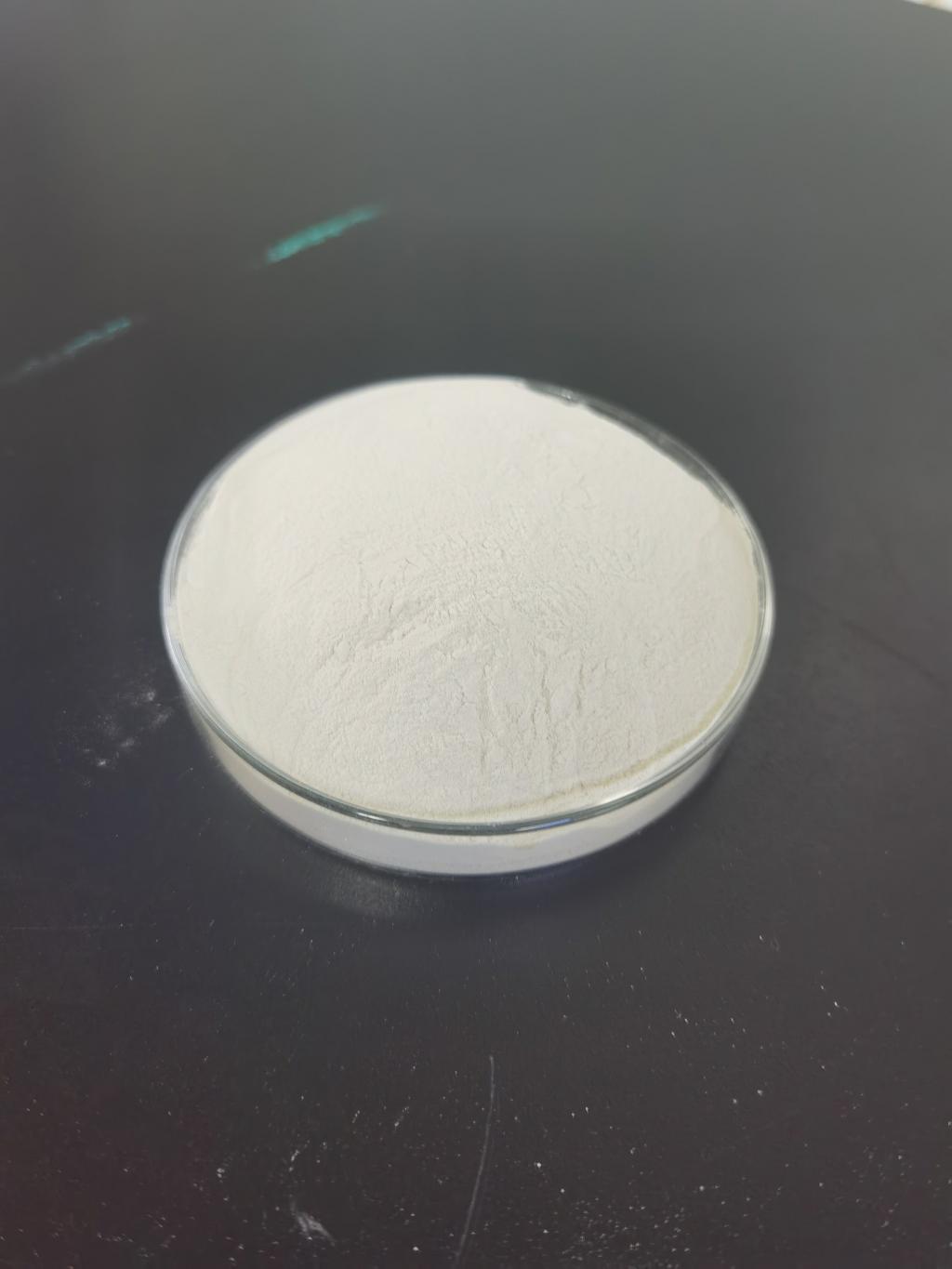Tel:+8618231198596

News
 CONTACT
CONTACT
 CONTACT
CONTACT
- Linkman:Linda Yao
- Tel: +8618231198596
- Email:linda.yao@dcpharma.cn
- Linkman:CHARLES.WANG
- Department:Overseas
- Tel: 0086 0311-85537378 0086 0311-85539701
News
What is the difference between Nisin and other food preservatives?
TIME:2023-03-22
Overview of Nisin:
Nisin is a naturally occurring antimicrobial peptide produced by some strains of the bacterium Lactococcus lactis. It is a type of bacteriocin, a class of antimicrobial peptides that are produced by bacteria and are effective against other bacteria. Nisin is used as a food preservative because it can inhibit the growth of a wide range of Gram-positive bacteria, including some that cause foodborne illnesses, such as Listeria monocytogenes. It is approved for use as a food preservative in many countries, including the United States, the European Union, and Japan.
How Nisin Works:
Nisin works by binding to the cell membrane of target bacteria and forming pores that disrupt the bacterial membrane. This disruption causes leakage of cellular contents, leading to cell death. Nisin is effective against a wide range of Gram-positive bacteria, including some that are resistant to conventional antibiotics. It is particularly effective against spore-forming bacteria, which are often difficult to control with other food preservatives.
Advantages of Nisin:
One of the main advantages of nisin is that it is a natural food preservative, produced by a naturally occurring bacterium. It is considered safe for human consumption and does not have any adverse effects on the taste, texture, or nutritional value of the food. In addition, it has a broad spectrum of antimicrobial activity, making it effective against a wide range of bacteria. It is also stable at high temperatures and over a wide range of pH values, making it suitable for use in a variety of food products.
Differences between Nisin and other food preservatives:
Nisin differs from other food preservatives in several ways. Firstly, it is a naturally occurring compound, while many other food preservatives are synthetic chemicals. This natural origin makes it more acceptable to consumers who are looking for natural and minimally processed foods. In addition, synthetic food preservatives may have toxic effects on the human body, while Nisin is considered safe for human consumption.
Secondly, Nisin has a unique mode of action compared to other food preservatives. While other preservatives work by inhibiting bacterial growth or by disrupting the bacterial cell membrane, Nisin works by forming pores in the cell membrane, leading to cell death. This unique mode of action makes it particularly effective against spore-forming bacteria, which are often resistant to other food preservatives.
Finally, Nisin has a broad spectrum of antimicrobial activity, while some other food preservatives may be effective against only specific types of bacteria. For example, sodium benzoate is effective against yeasts and some bacteria, but not against molds. Nisin, on the other hand, is effective against a wide range of Gram-positive bacteria, including some that are resistant to conventional antibiotics.
Conclusion:
In conclusion, Nisin is a natural food preservative that is effective against a wide range of bacteria, including some that are difficult to control with other food preservatives. It has a unique mode of action and is considered safe for human consumption. While other food preservatives may have toxic effects on the human body, Nisin is a natural compound that is acceptable to consumers who are looking for minimally processed foods.
- Tel:+8618231198596
- Whatsapp:18231198596
- Chat With Skype







